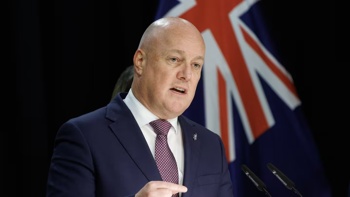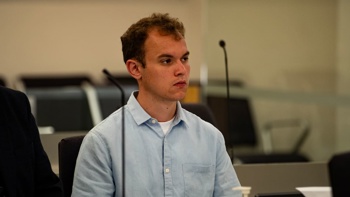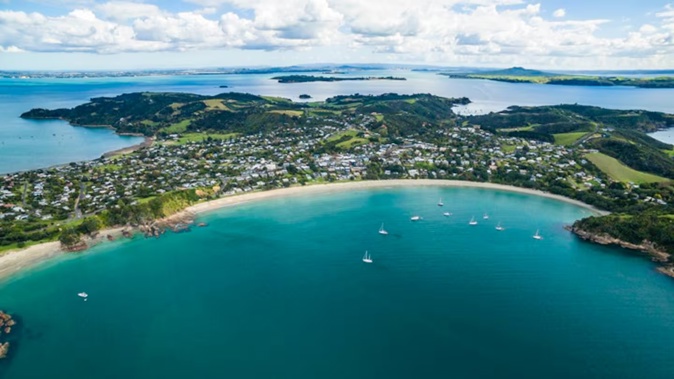
A luxury Waiheke Island wine company has been convicted and fined $50,000 for breaching noise limits in the latest round of a “torturous” legal case involving a first-of-its-kind Auckland Council prosecution and years of costly litigation.
Cable Bay Wine Ltd had argued the noise breach on June 23, 2018, was only “transient”, that there was no evidence of it causing ongoing harm to neighbours, or of the vineyard company profiting from the offending.
However, in a ruling handed down last week, Judge David Kirkpatrick said the court must hold offenders accountable for harm caused to the community, “particularly when they have been made aware of ongoing issues and failed to act”.
“Cable Bay Wine’s continued breaches and lack of proactive measures reflect a high degree of culpability.”
Auckland Council has welcomed the long-awaited court finding, saying Cable Bay’s repeated failure over the years to address ongoing noise complaints demonstrated a “disregard for their obligations”.
Investigations team leader David Pawson said the conviction and fine sent a clear message to businesses that “compliance is not optional”.
“Resource consent conditions exist to balance commercial activities with the rights of the community, and breaching those conditions will have consequences,” Pawson said.
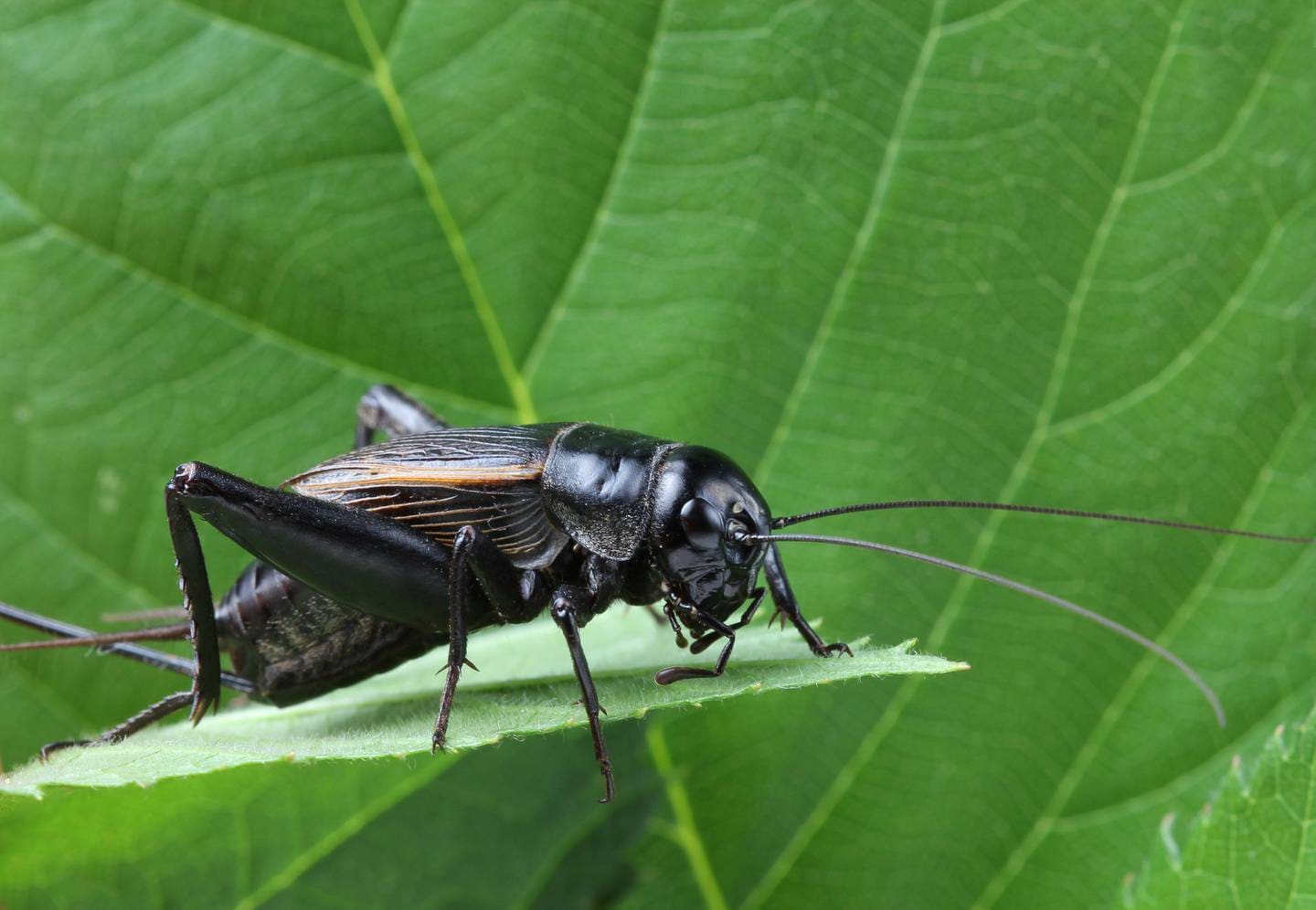
Cable Bay Vineyards blamed ambient noise from chirping crickets for a 2018 noise breach.
The decision relates to an earlier case in which Cable Bay Wine was acquitted after successfully blaming excessive noise readings at the vineyard restaurant and bar on “chirping crickets” and ambient noise from passing aircraft.
Auckland Council prosecuted the company – owned by wealthy European businessman Loukas Petrou – in August 2018.
The council originally charged Cable Bay with three separate breaches of the Resource Management Act relating to excessive noise readings captured in February, March, and June of that year.
But when the case went to trial in May 2021, Judge Kirkpatrick dismissed two of the charges after ruling the noise measurements were not taken from a separate property to the vineyard – as required under the act.
The vineyard and a duty manager were found not guilty on the remaining charge after a noise control officer admitted accidentally deleting crucial evidence and questions emerged about the level of ambient noise in the area.
After the council appealed, the High Court upheld the 2021 acquittal but ruled Judge Kirkpatrick had erred in dismissing the two initial charges, and ordered a rehearing.
One of those charges was subsequently dropped and Cable Bay defended the remaining noise breach charge at a trial in September last year.
It was found guilty earlier this year and a reserved sentencing decision was handed down this week.
The council argued the offending had caused a loss of rural and residential amenity for the vineyard’s neighbours, and was set “within a context of repeated noise complaints which the defendant was aware of and did not take any action to address”.
The council said this reflected a high level of culpability, and the offending had resulted in possible commercial gain.
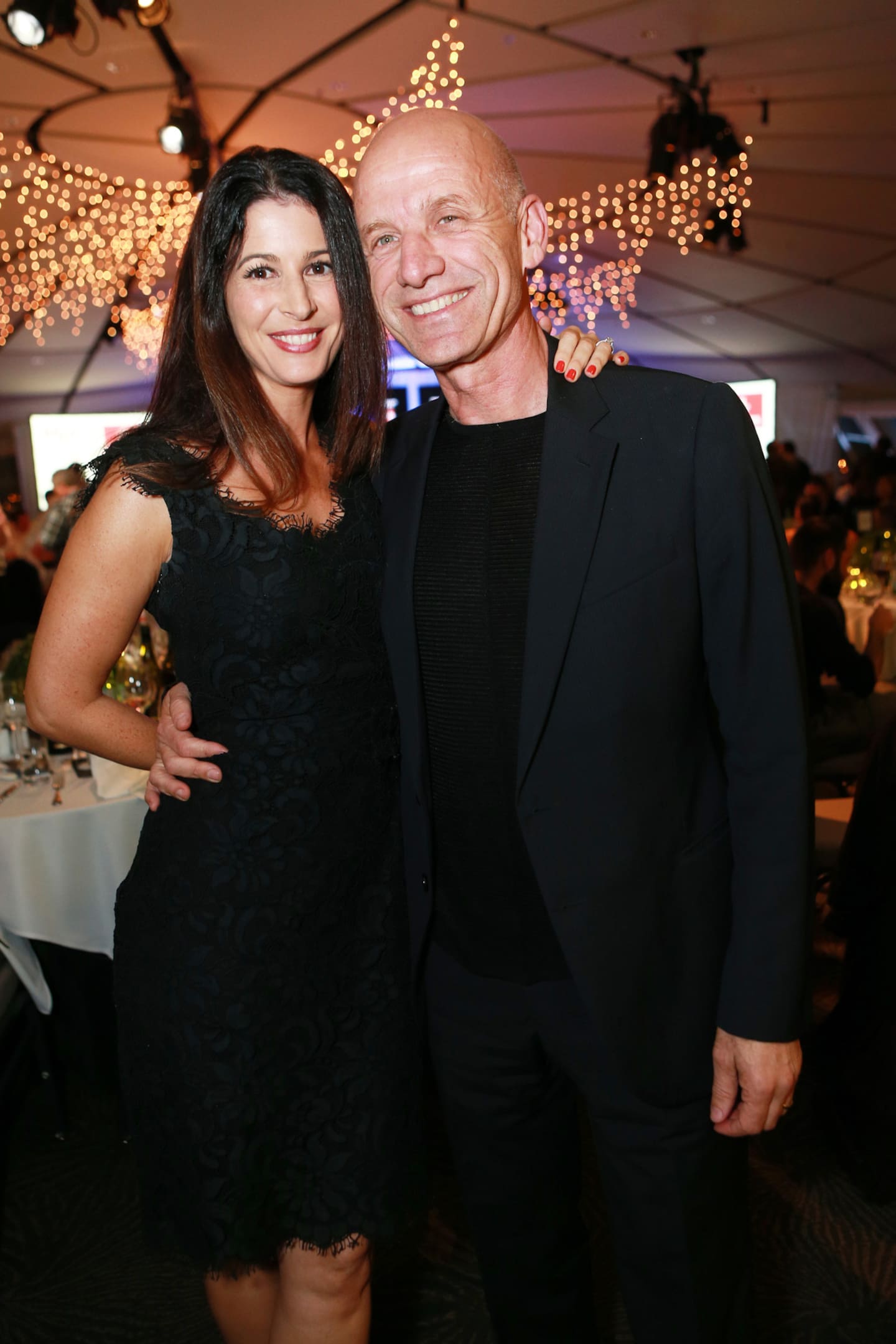
Cable Bay Vineyards owner Loukas Petrou, with Caroline Petrou, at the Metro Top 50 Restaurants function in Auckland in April 2013. Photo / Norrie Montgomery
In response, Cable Bay argued its history of complaints was “not relevant”. There was no evidence of any impact on neighbours on the day of the breach, or of ongoing harm. There was also “no evidence of any profit” from the short time in which the offending occurred.
“The offending is not serious and does not involve any harm beyond a nuisance while the noise occurred,” the vineyard claimed.
Finally, Cable Bay argued the council commenced the prosecutions “for its own benefit to get guidance on technical aspects of the New Zealand standards for acoustics”.
The expensive and protracted process had caused “significant stress, expense and reputational impact” for the defendant.
The judge said the “pertinent question” was whether Cable Bay properly trained its staff to monitor patrons’ behaviour which might create excessive noise.
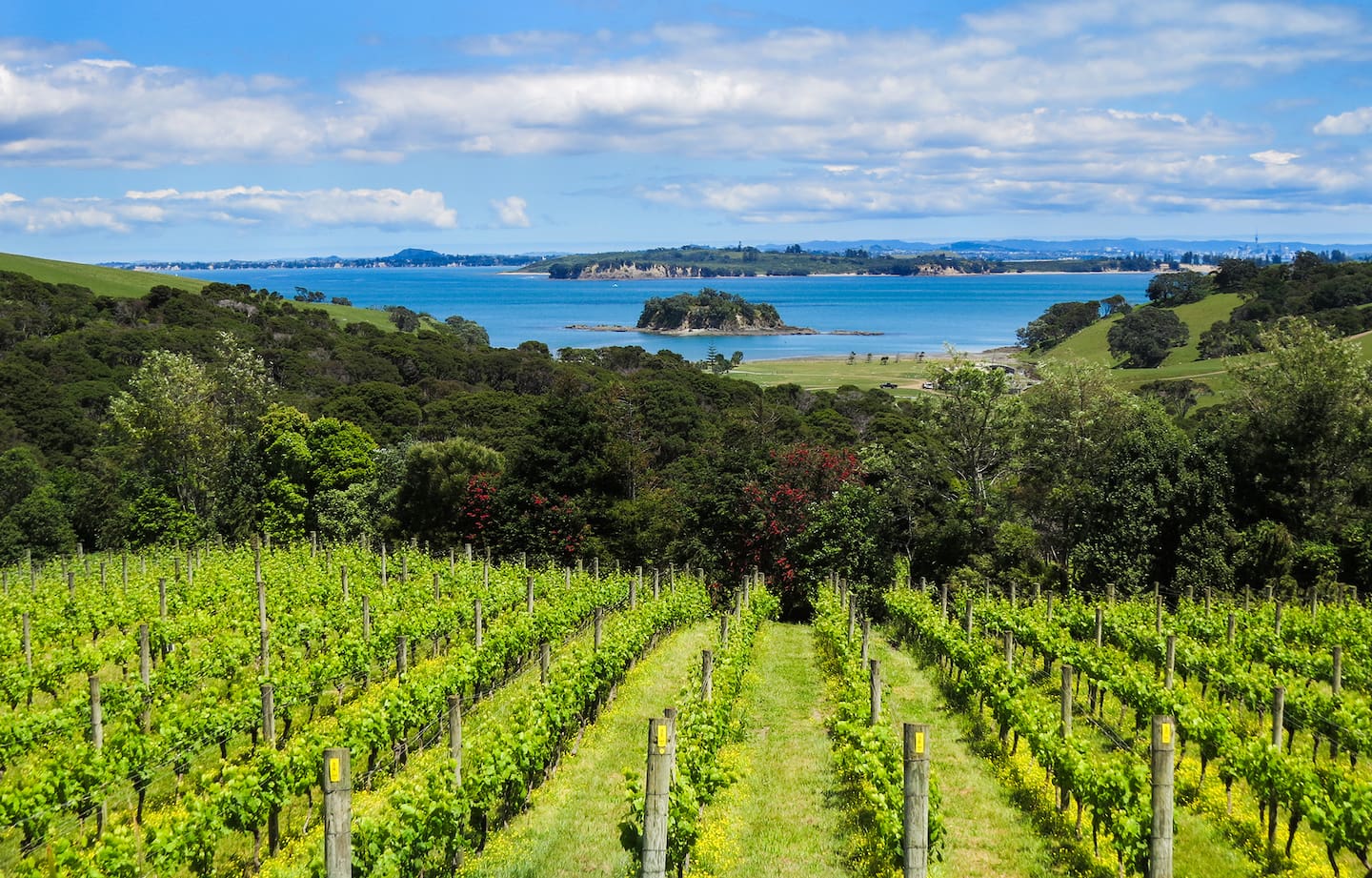
Cable Bay Winery is located in Ōneroa on Waiheke Island.
The judge declined Cable Bay’s request for a conviction and discharge, saying the company had not demonstrated any remorse “or otherwise shown that it will take greater care in the management of noise caused by its activity”.
He said “past bad behaviour and a failure to learn from it” was an aggravating factor.
He noted the case had been “litigated extensively” – convicting the company and ordering a $50,000 fine.
Lengthy legal dust-up
The decision is the latest development in a “torturous” legal battle between Cable Bay, its wealthy neighbours, and council enforcement staff that has dragged on for more than six years.
The lengthy legal dust-up has cost ratepayers hundreds of thousands of dollars in enforcement action and legal fees, seen the winery ordered to pay nearly $500,000 in costs, and involved numerous expert consultants and environmental management lawyers.
The vineyard is now seeking costs from Auckland Council, with a decision expected in the next few weeks. It is unclear whether Cable Bay will accept the latest court finding or lodge yet another appeal.
Earlier this year, Pawson said the case “has been a long road”.
“But we are pleased with the court’s decision in finding the company guilty following the trial. This is a positive outcome for noise enforcement, and we hope it will help to have a deterrent effect on future RMA breaches of this nature.”
The Herald sought comment from Petrou and Cable Bay’s lawyer Karenza de Silva on Friday but did not receive a response.
De Silva earlier told the Herald the vineyard planned to seek costs in relation to the two charges on which the council failed to secure convictions.
She declined to say how much would be sought.
Asked whether the company planned to appeal the guilty finding, de Silva said: “Cable Bay Wine Ltd is currently reviewing the decision on the 23 June, 2018 charge.”
Take your Radio, Podcasts and Music with you






